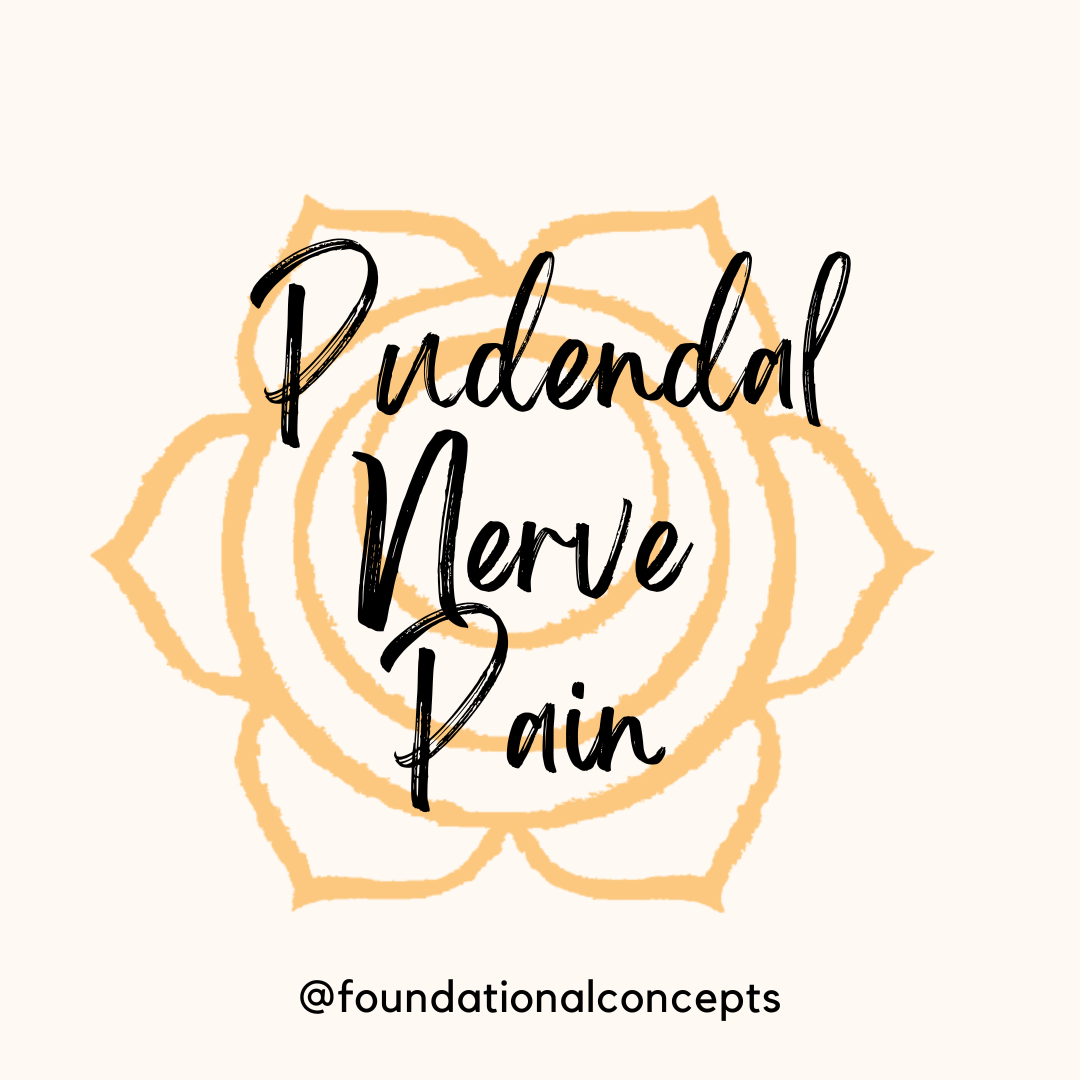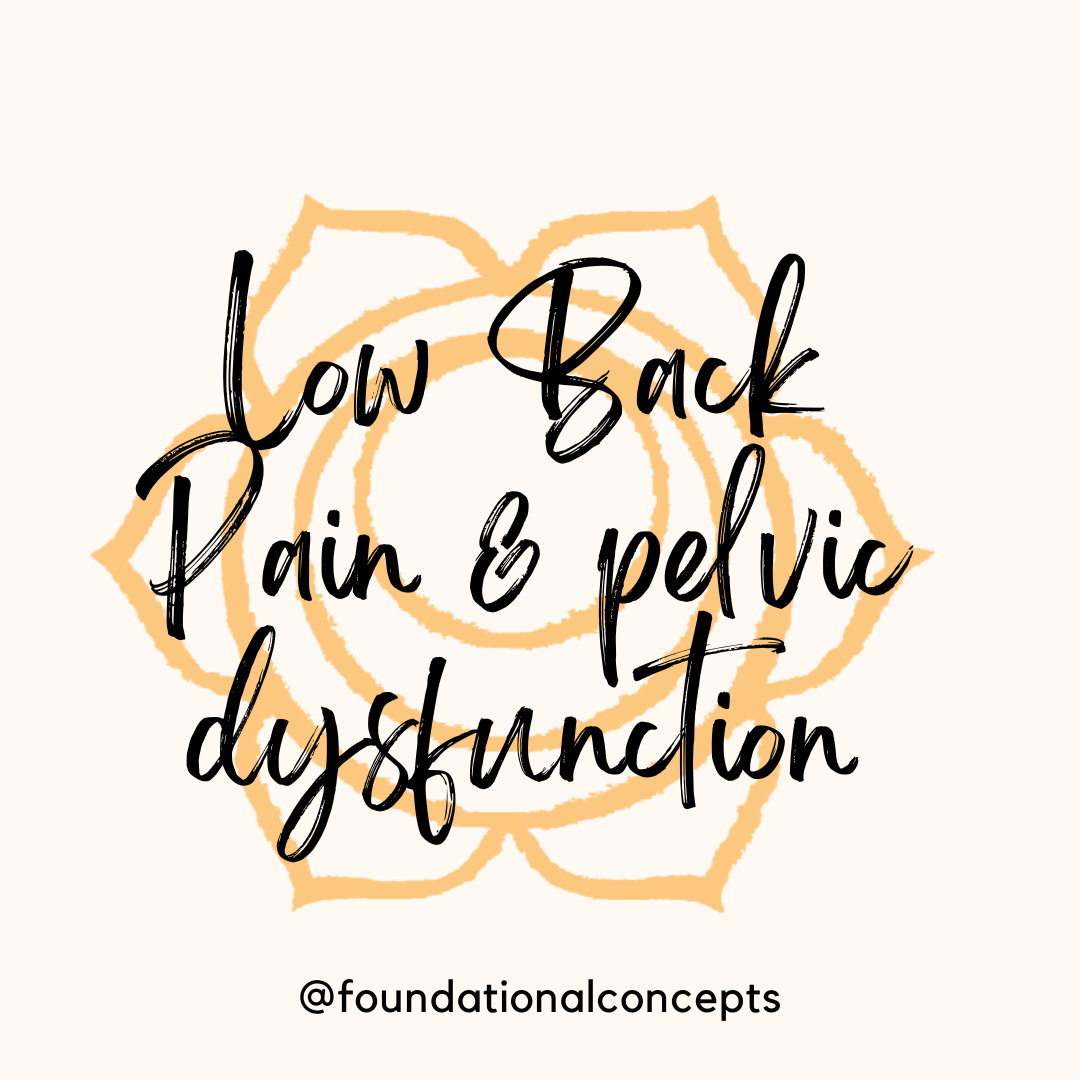Pelvic pain can be challenging to figure out. It can be embarrassing to talk about. …

Common Questions regarding Persistent Pain
- How do healthcare providers know the alarm system is extra sensitive?
There are no medical tests that can detect “extra sensitive” nerves at this time. However, current tests are designed to detect big, threatening issues, and people with persistent pain are tested extensively, which typically rules out any major issues. Healthcare providers can detect extra sensitive nerves as they test you. Primarily using physical movement tests and other assessments that show how sensitive tissues can be, like pain with light touch from a soft object, or pain that is referred from tissues in your arm or leg to another area of the body entirely. Often, you may be prescribed medications that are designed to target the nervous system. If these seem to quiet your pain, that can help determine that nerves are sensitive.
- Why did your nerves stay so extra sensitive and not calm down to their normal resting level?
Extra sensitive nerves are normal and occur in everyone. In some, they calm down quickly and in others a little more slowly. The sensitivity of your alarm system will be determined by many factors going on in your life at the time of pain. Some examples are: failed treatments, family issues, levels of fear, concerns about work, and even having had many different explanations about your pain.
The longer that pain persists, the more providers you will have seen. Each time, you hope for “the answer” to your pain, bur when it does not help, you get a little more worried. Your brain, which determines the sensitivity level of your nerves, keeps sensitivity high because it stays worried. Until your fear and worry settle down, your brain will continue to keep the system amplified.
Each person you see may have a different opinion about what is going on. Not all can surely be right. This makes your more confused. If your questions about your pain remain unanswered, the brain feels the need to keep its defenses up, so the system stays turned to a high sensitivity level. All concerns surrounding a pain experience can keep the alarm system elevated. This process is normal, and understanding this is a key factor in treating your pain.
- What can be done to calm the extra sensitive nerves down to the normal resting level?
It is important to have a good understanding of why your nerves have remained extra sensitive because that alone can help decrease the sensitivity of the alarm system. Calming the nervous system down closer to normal requires education, blood flow, oxygen and medication. The good news is that if you understand your alarm system you are already in the process of decreasing the sensitivity of your system. New research shows that if people understand more about their pain the system immediately starts turning down its sensitivity. The system is kept on high alert when there are more questions than answers. By understanding that your pain is due to sensitive nerves rather than injured tissues, your fear is reduced. This alone calms the nerves, and decreasing the pain experience.
Research has also shown that aerobic exercise can increase blood flow and oxygen in your body and this has a calming effect on your nerves. Studies show that just a brisk walk or bike ride resulting in a little sweat is more than enough to calm the system.
Meditation and Mindfulness are also ways of calming the nervous system. We will touch on ways to do this in our next blog, so stay tuned for tips on how to incorporate this. Even just 2-5 minutes daily has been shown in research to calm your nervous system!
Lastly, medicine can be a helpful part of your treatment plan. However, the brain produces the most potent pain medicine on the planet. These chemicals help us survive extremely severe injuries with very little pain to survive. These “happy chemicals” have a calming effect on the system. A wet brain is juicy, full of good, healthy chemicals that can help you when you are in pain. People with persistent pain have dry brains, making them more sensitive to pain. Aerobic exercise helps release these happy chemicals, helping a dry brain become a wet brain.
Consider what factors in your life might be contributing to your persistent pain…
We offer a free 15 minute phone consultation with one of our PT specialists to answer questions and see how integrative physical therapy can be beneficial for you. We work to bring an integrative, whole person approach to our practice and will work with your on all the lifestyle factors that can help you reach your wellness goals and reduce your pain.



